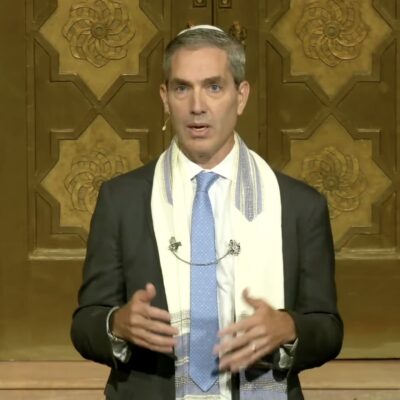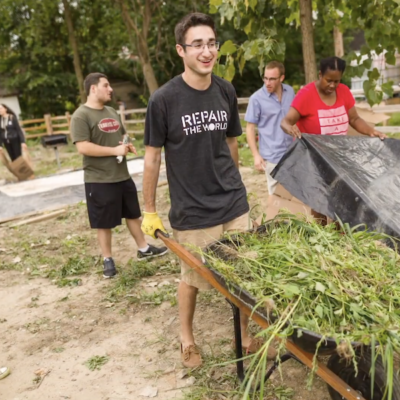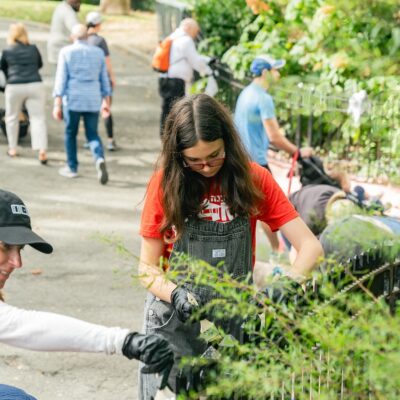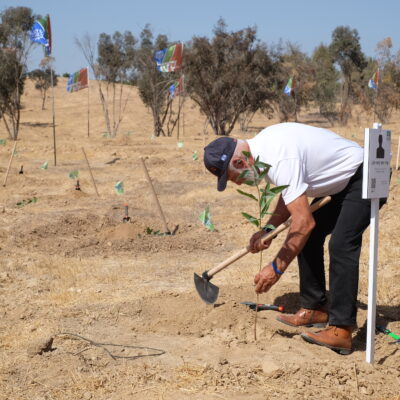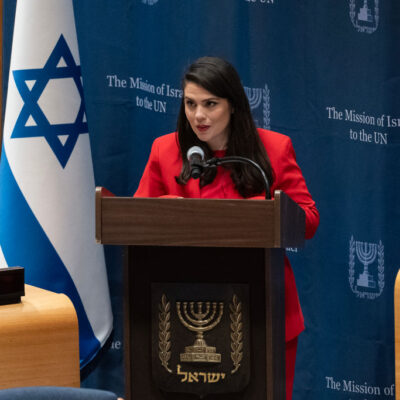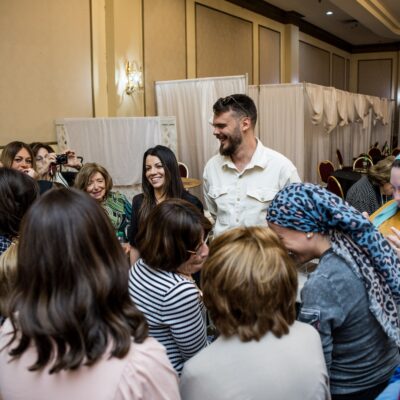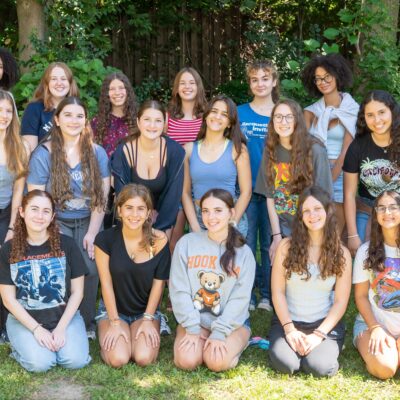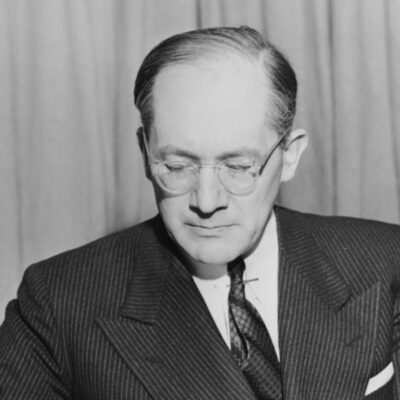Opinion
How Bulgaria Saved Its Jews and What We Can Learn From Them

By Lonnie Kleinman
They say those who forget history are doomed to repeat it. What they don’t say – but should – is that those who remember history and learn from it can create a better, stronger world.
Last November, I traveled to Bulgaria with co-workers from around the world for an annual staff retreat. In partnership with JDC Entwine, Moishe House staff met in Sophia for five days of learning, growth, and exploration. Preparing for the trip, I expected to join my co-workers for five days of fun and bonding. What I didn’t expect was to learn a new story of resistance and solidarity – one that saved the lives of thousands of Jews.
The story of the Jewish community of Bulgaria is one that dates back as far as the second century CE. Jews continued to settle in Bulgaria over the years and in 1920, there were approximately 16,000 Jews living in the country. By 1934, the Jewish community grew to 49,000 people, with more than half living in Sophia. While this community was relatively small compared to that of other European countries during the same time, the Jews of Bulgaria had a distinct culture and presence in wider society.
This was apparent walking into the main synagogue in Sophia where I was immediately in awe of the glorious structure and decor. The halls of the shul filled with laughter and noise as Moishe House staff members settled in to hear the story of Bulgaria’s Jews.
The story of Bulgarian Jews begins similar to that of most Eastern European Jews during WWII, but has a vastly different ending. Beginning in July 1940, Bulgarian authorities instituted anti-Jewish legislation that excluded Jews from public service, restricted their choice of places of residence, and limited their participation in many occupations. In 1941, Bulgaria fell to German demands and entered into a military alliance with the Axis Powers. In 1942, Germany demanded that Bulgaria release all the Jews living in Bulgarian territory into German custody. Bulgaria agreed and began preparing for the deportation of Jews. Simultaneously, a law was passed that prohibited Jews from voting, running for office, working in government positions, serving in the army, using Bulgarian names or owning rural land. Radios and telephones owned by Jews were confiscated, and Jews were forced to pay a one-time tax of 20 percent of their net worth. The law also set quotas that limited the number of Bulgarian Jews allowed in Universities. The law was protested by Jewish leaders, as well as some professional organizations, a group of outspoken writers and the Bulgarian Orthodox Church, which was a tremendously influence organization in Bulgarian society.
Events across Europe continued to escalate and in March of 1943, the majority of non-Bulgarian Jews living in the German-occupied and Bulgarian-administered territories of Greek Thrace and Macedonia (13,341 people in total) were remanded into German custody and deported to Treblinka. News of these deportations soon incited mass protest in Bulgaria among members of political opposition, politicians, clergy and intellectuals. When deportations within the borders of Bulgaria were initially set to continue, the deputy speaker of parliament persuaded Tsar Boris, the head of the Bulgarian monarchy, to delay. The speaker was soon pushed to resign and further protests erupted. Citizens too to the street. Public protest, combined with the intervention of the Metropolitan of the Bulgarian Orthodox Church, caused Tsar Boris to cancel the deportations once again in May 1943.
Bulgaria’s nearly 50,000 Jews were saved the fate that befell millions of others. Their neighbors and elected officials refused to stay silent, even under German occupation. Leaders spoke out against hateful legislation and refused to allow the physical removal of citizens.
As I sat in the shul in Sophia, listening to this story, I wondered what our world would look like today if more countries cried out in protest as the Jewish citizens were physically deported from their neighborhoods. Furthermore, what do we, as Americans, do today when we see something injustice, both on a small and large scale in our communities?
What if we were to look to our history as a way of relating to oppressed people, not a way of holding onto our separateness and uniqueness? Our vast history of persecution does not mean we are unique or better than in our suffering, but that we have a moral imperative to stand in solidarity with others who are oppressed. After all, those moments I am showing up and working in solidarity with others are the moments I feel most connected to the divine. I’ll leave you with the word of Charles Mantinband, a Rabbi in Hattiesburg, MS during the 1950s and 60s and an outspoken opponent of segregation. He wrote in an article in 1962 that was published by the Anti-defamation League of B’nai B’rith that,
“In order to remain in the South and be worthy of my Jewish heritage, I had two decisions to make. The first was that there could be no distinction between any of God’s children – the pigmentation of skin could be no more important than the color of eyes. The second was that I would never sit in the presence of bigotry and by my silence seem to give assent. I do not look for trouble, but when hate is evident, I must protest.”
Let us strive to never sit in the presence of bigotry and remain silent.
Lonnie Kleinman is Moishe House’s Southern Regional Director. Lonnie will be starting her journey to the Rabbinate in the fall at the Reconstructionist Rabbinical College.

 Add EJP on Google
Add EJP on Google